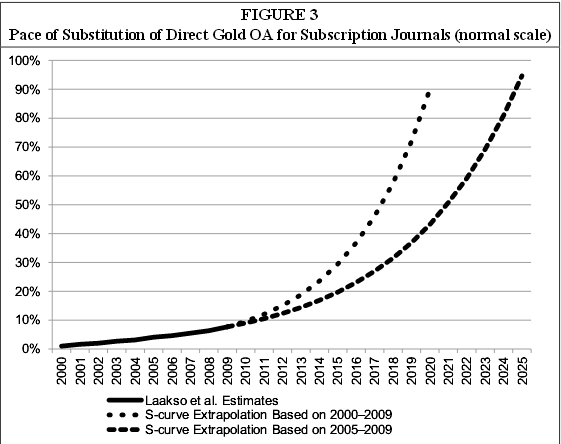“At the very moment that most of us carry access to a global information network in our pockets, our ability to tap into the world’s knowledge is eliminated. And it’s not an accident. It’s on purpose.”
This is a weekly series highlighting Open Access Button users from around the world, discussing their work, and sharing their stories. If you would like to participate, please email oabutton@gmail.com.
We caught up with Graham Steel, a tireless advocate for Open Access who believes in sharing information as widely and as easily as possible. A native of Glasgow, Scotland, Graham works as a property claims adjuster/recovery specialist. After losing his sibling to a rare condition known as variant Creutzfeldt-Jakob Disease (vCJD), Graham became involved in patient advocacy work, and more recently, in lobbying for open access to published scientific research. He acts in advisory capacities to the Open Knowledge Foundation, the Public Library of Science (PLOS) and Digital Science. As well, Graham is an active blogger and a part-time semi-professional producer/song-writer/singer/keyboard player.
[caption id=”attachment_1230" align=”alignleft” width=”225"]

Graham Steel uses the Open Access Button in order to provide real data to document/map the problem with the current publishing system.[/caption]
Graham first learned about the challenges of the current publishing system back in 2001, when he started reading scientific papers. When he discovered PubMed a year or so later, he had assumed that all Scientific, Technical & Medical (STM) content was locked up behind paywalls. So he simply created a standard email request and wrote to authors directly. These requests worked 90% of the time, and he received well over 1500 PDF’s for research that he needed! In 2006, after emailing one author for a paper, he realized that doing so wasn’t necessary, since the paper was available online. In fact, when he clicked on another link, he noticed that all content of that particular journal was freely accessible. “Yep, I had discovered Open Access,” he notes about that experience. As he started to read up on STM publishing more generally, it became abundantly clear that in the digital era, something was wrong with the way knowledge was shared. “Thankfully, Open Access movement is changing this. “
After discovering Open Access, he reached out to the community and established contact with many of its movers and shakers, fairly quickly becoming a well-known and active member himself. Graham believes in advocacy by spreading the word about Open Access using as many methods as known to humanity. For example, simply search “graham steel open access” in any search engine and see for yourself, or check out a blog post he covered back in 2007 called Conference Report.
Since he encounters paywalls to research on a daily basis, he firmly believes that paywalls stifle innovation and progress in science. “At the very moment that most of us carry access to a global information network in our pockets, our ability to tap into the world’s knowledge is eliminated. And it’s not an accident. It’s on purpose. This situation is known as the “price crisis” in scholarly publishing, and it’s hurting the average citizen. As a result, he uses the Open Access Button in order to provide real data to document/map the problem with the current publishing system, something that he touched upon when asked to write an article titled Subscription Journal Workarounds.
So how can we change the scholarly communications systems for good? In Graham’s view, reforming the current system “will require action at multiple levels: government and funder initiatives; institutional open access mandates; and, perhaps most importantly, strong commitments to openness from individual researchers.” He strongly suggests reading “The Inevitability of Open Access” by David Lewis et al and in particular, Figure 3, included below.

Since the early years of 2001, Graham has continued his campaign for open access to knowledge. For instance, he has convinced PLOS to add social media icons on all PLOS papers, the BBC to add Twitter, and BioMed Central to add Mendeley. Most recently, inspired by an idea by Jo Brodie, he convinced international database PubMed to add social media icons across all content, which was “pretty cool” in his view.
We thank Graham for sharing his knowledge and passion, and we look forward to seeing Graham continue his Open Access advocacy work. You can follow him on Twitter at @McDawg and follow the Open Access Button at @OA_Button. Be sure to download the Open Access Button at openaccessbutton.org and join advocates like Graham in fostering open knowledge around the world!